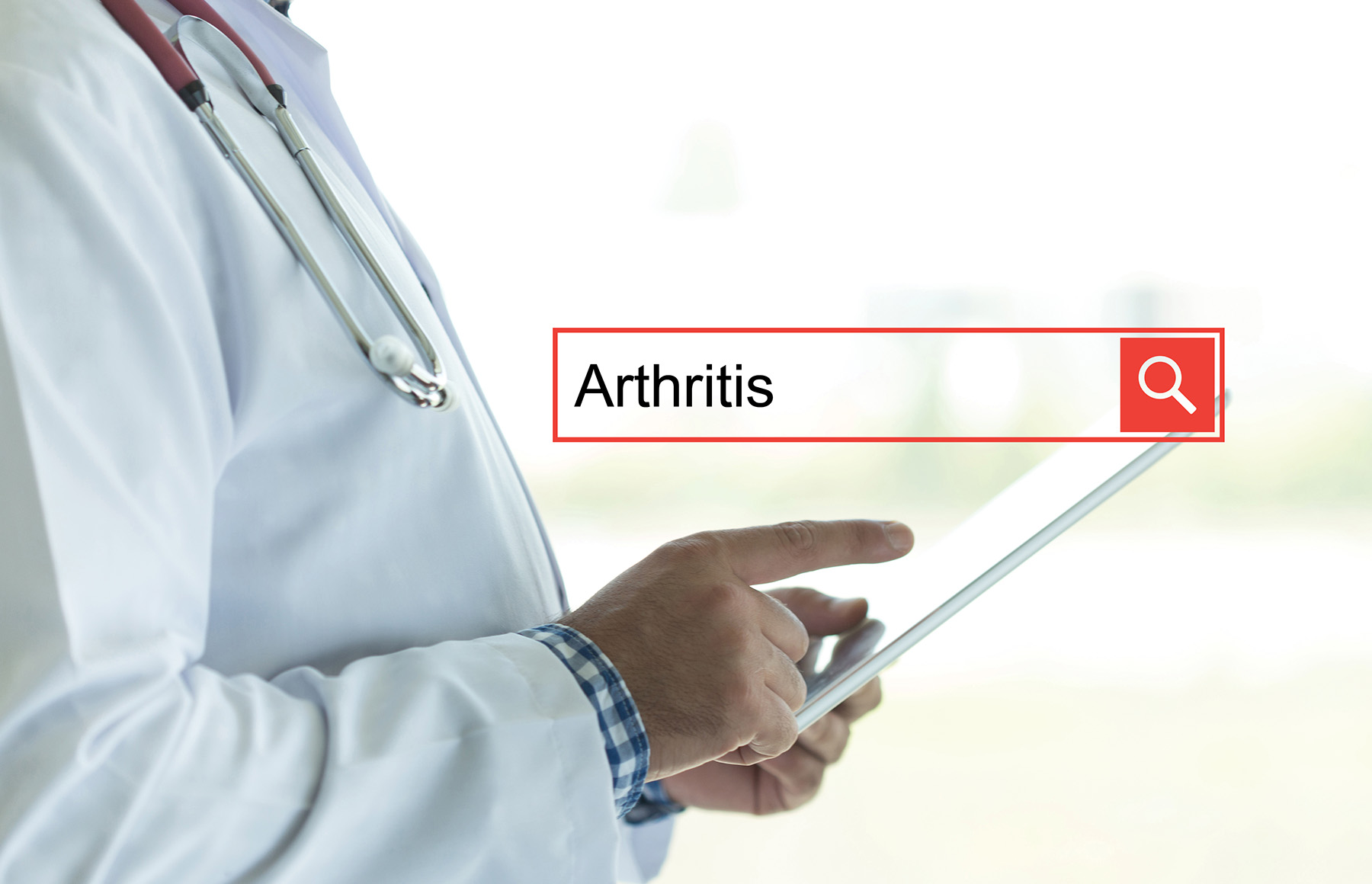How to Find Trustworthy Health Information

We know we can’t trust everything we read on the internet. So, where can you go for accurate, research-backed health and medical information — without reaching out to your doctor?
Know the source of the information.
“Patients and families should be careful when using the internet to find health information,” says Catherine (Cathy) Hanson, director of Patient Engagement and Patient and Family Centered Care at the University of Miami Health System.
When searching online for answers to general health-related questions, look at the source of the information to determine if it’s reliable. Trustworthy health information is based on peer-reviewed research (multiple researchers have reviewed and approved the information) and clinically proven findings (tested according to federal guidelines), not anecdotal evidence and personal stories.
“Look at the extension of each website,” Hanson says. “If the extension is a .org, .gov, or .edu, chances are good that the site is reliable. Be cautious about information on sites that end with .com or .net extensions. Many of these are companies whose primary purpose is to sell you something and/or get access to your contact information.”
The following nonprofit sites are a good place to start:
[Editor’s note: Always hover over hyperlinked content before clicking. The linked URL should appear (usually in the lower left corner of your screen) so you can see where the link will send you.]
Centers for Disease Control and Prevention
These national institutes are focused on specific health subjects:
Allergy and Infectious Diseases
Arthritis and Musculoskeletal and Skin Diseases
Dental and Craniofacial Research
Diabetes and Digestive and Kidney Diseases
Minority Health and Health Disparities
Neurological Disorders and Stroke
Beyond the web, where can you find the health answers you need?
Your local libraries
Hanson says that, “Libraries of all types, including public and medical libraries, are important partners in community-based health literacy (information described in terms everyone can understand). Librarians advance health literacy in their communities through a variety of methods.”
Your library can:
- Show you how to find reliable information online.
- Conduct health literature searches.
- Print resources for you to take home and read.
- Refer you to local health services.
Are you or a family member are facing a new medical diagnosis or seeking information about managing a chronic condition? A support group could help.
Many public health alliances, patient and family support groups, and advocacy programs can provide:
- trustworthy information that’s easy for patients and families to understand
- condition-specific questions to ask your doctor
- directories of highly rated providers and treatment centers in your area
- safe and effective approaches to manage symptoms at home
- a list of healthy changes to improve your quality of life
- dietary recommendations, including recipes to try at home
- ways for patients and caretakers facing the same illnesses to connect with each other
- assistance accessing transportation to medical appointments
- news about medical advances and clinical trials related to your condition and its treatment
“The good news is that there are thousands of support groups nationally, globally, in person, and online,” Hanson says. “A good place to start is the website of the health system closest to you. Most health system sites list support groups under the heading ‘Patients and Families.’
Or, start your search with a particular health condition.
“Many health condition sites also explain how to find support groups in your area. The National Alliance on Mental Illness, for example, allows you to click on your state to find the nearest support group and includes information regarding how and when the group will meet.”
When it comes to your health, don’t rely on these sources.
There’s a lot of false and biased information out there. Some sources are trying to sell you a medical product or service. Others share personal experiences that don’t reflect your unique medical situation. Some are promoting outdated information and unproven medical advice that could be dangerous to your health.
Be cautious with information from:
- online forums
- social media
- pharmaceutical drugs ads
- wellness product advertorials
- vitamin and supplement ads
- entertainment programming on TV and YouTube
- well-meaning family and friends
- entertainment magazines
- wellness seminars, classes, and coaching
When should you call your doctor?
If you are being treated for a condition, and suddenly your symptoms change or get worse, don’t stumble around the Internet in search of medical guidance.
Your doctor’s office, their nurse on call, or your health insurance company should be available by phone to help you, schedule an appointment, or recommend immediate medical attention at an urgent care center or emergency room.
Dana Kantrowitz is a contributing writer for UHealth’s news service.
Medically reviewed by Sabrina Taldone, M.D., M.B.A., internal medicine physician at UHealth.
